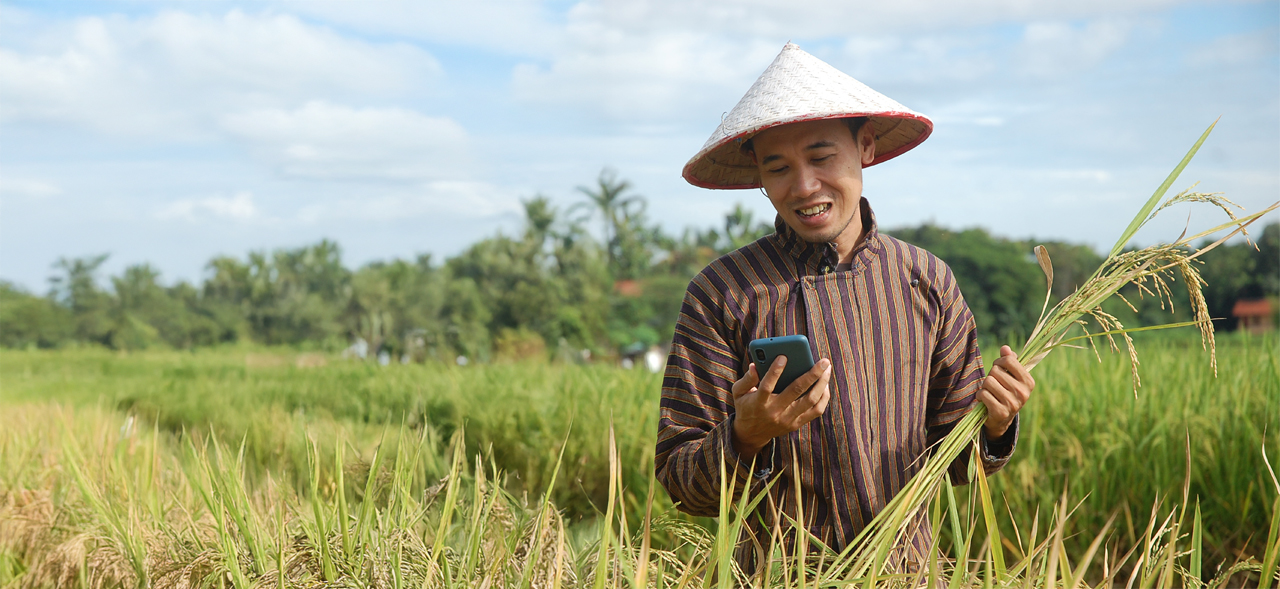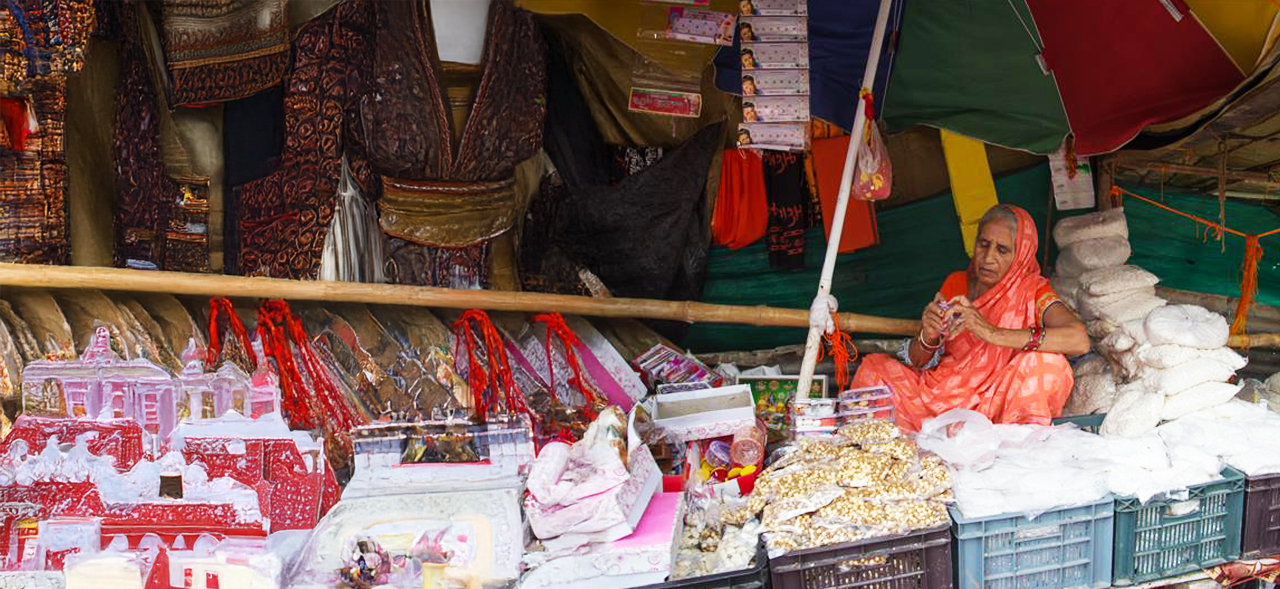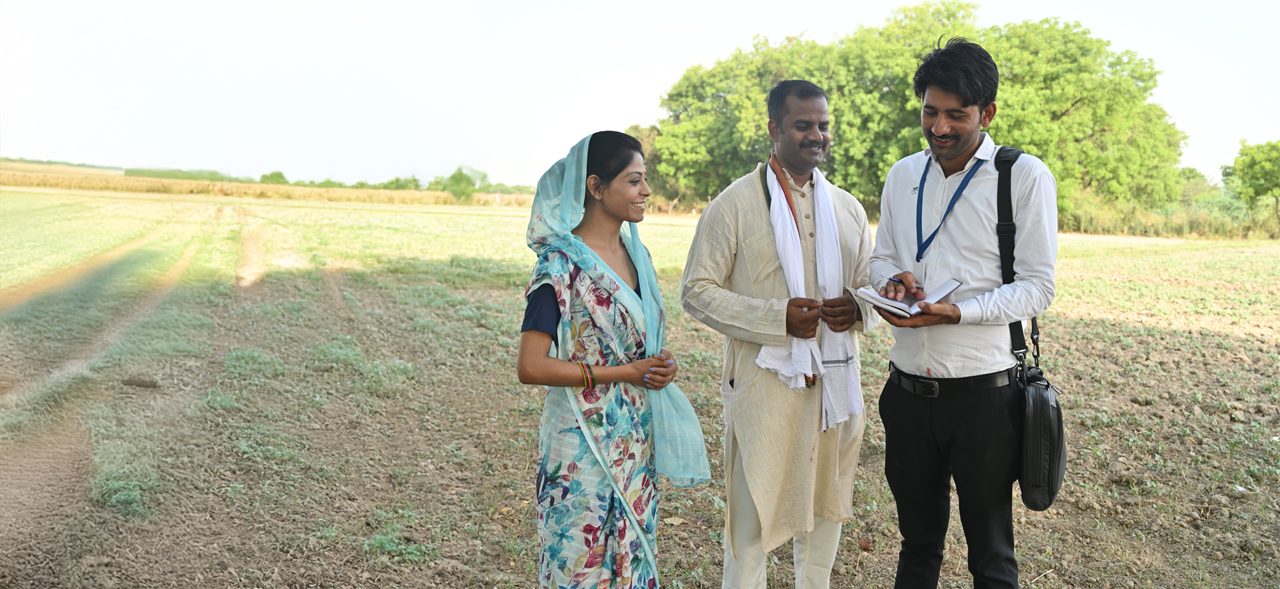Co-opBank of Vietnam is an apex lender to 1,100+ public credit funds (PCFs). It sought to modernize operations and extend digital services to millions of rural clients. MSC partnered with the bank to reimagine its business model for a cash-lite future.
We mapped end-to-end lending workflows, introduced streamlined digital credit-origination tools, and embedded data-driven risk-scoring to cut turnaround times and boost portfolio quality. MSC built on this foundation and brokered a third-party partnership that enables PCFs to offer mobile-enabled savings, payments, and microinsurance products under a shared agent network. Change-management and skills-building programs ensured staff and PCF leaders could adopt new technologies confidently.
The transformation has enabled Co-opBank and its PCF network to deliver faster, safer, and more diversified services. This strengthens rural financial inclusion and promotes Vietnam’s cash-lite agenda.
The MetLife Foundation commissioned this project.





